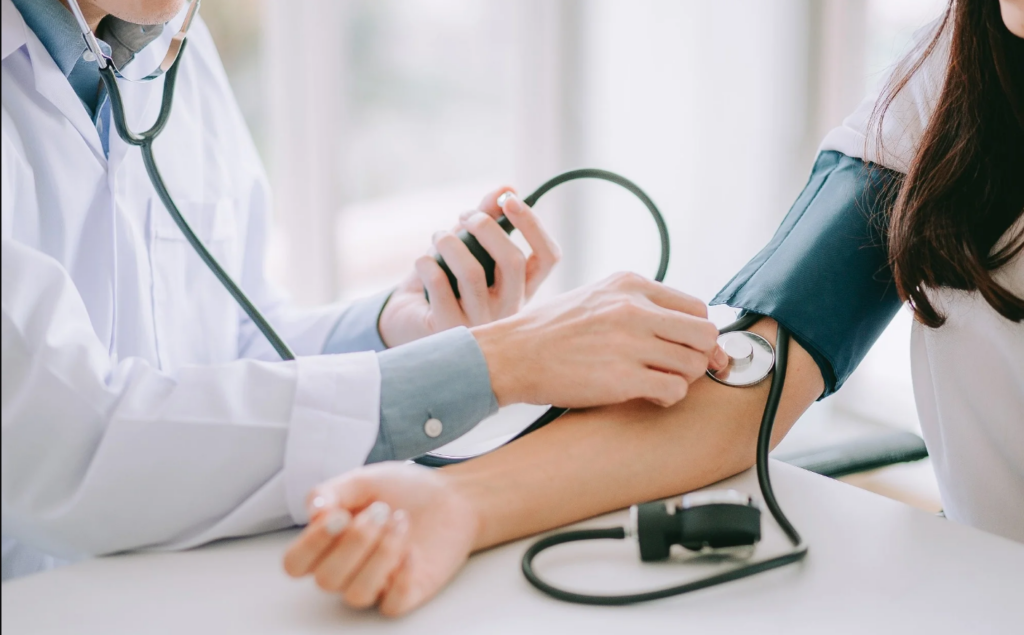New research on treatment-resistant hypertension 2023

Many individuals manage hypertension, which can cause stroke or heart attack, with medication. Doctors’ medicine doesn’t work? Apparent resistant hypertension (aRH) requires extra medication and care.
The Smidt Heart Institute at Cedars-Sinai discovered that aRH prevalence was lower in a real-world sample than previously reported, but it still affected roughly one in ten hypertension patients.
Investigators also found that well-managed aRH patients were more likely to receive MRA, a popular treatment. MRA therapies were employed in 34% of managed aRH patients but only 11% of uncontrolled individuals.
“Apparent resistant hypertension is more common than many would anticipate,” stated Joseph Ebinger, MD, Smidt Heart Institute assistant professor of Cardiology and research corresponding author. “We also learned that within this high-risk population, there are large differences in how providers treat high blood pressure, exemplifying a need to standardize care.”

A novel study design uses clinically produced data from the electronic health records of three big, geographically diversified healthcare institutions. 55% of 2,420,468 trial participants were hypertensive. 8.5 percent, or 113,992 hypertensives, had aRH. Ebinger says detecting and treating aRH can be difficult.
Treatment-resistant hypertension is better understood
The “apparent” in apparent resistant hypertension comes from the fact that doctors must rule out other causes of high blood pressure before diagnosing it. drug non-adherence, improper drug selection, and “white coat hypertension” at the doctor’s office are possible causes.
“Large amounts of data tell us that patients with aRH, compared to those with non-resistant forms of hypertension, are at greatest risk for adverse cardiovascular events,” stated Smidt Heart Institute Clinical Analytics Director Ebinger.
“Identifying these patients and possible causes for their elevated blood pressure is increasingly important.” Ebinger advises patients and doctors to be vigilant. He advises doctors to evaluate individuals with four or more antihypertensive drugs or refer them to a specialist if they need more.
Patients should also discuss drug adherence and adverse effects with their doctors. Cedars-Sinai specializes on difficult cardiac disorders like aRH.
The American Heart Association’s Comprehensive Hypertension Center Certification recognizes the Smidt Heart Institute’s dedication to treating complicated or difficult-to-treat hypertension using evidence-based recommendations.
“This accreditation, coupled with our clinical and research expertise in hypertensive diseases, serves as a mark of excellence,” said Christine M. Albert, MD, MPH, chair of the Department of Cardiology and Lee and Harold Kapelovitz Distinguished Chair in Cardiology.
“These efforts signal to patients, healthcare providers, and the community that the Smidt Heart Institute is committed to delivering evidence-based, comprehensive care for hypertension.”
